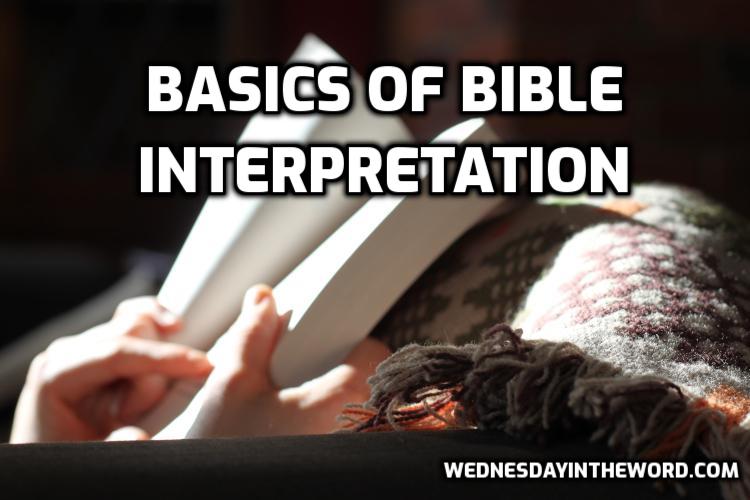
Bible Study 201
Bible Study 201: Teach the Bible. Take your Bible study to the next step. Learn to teach the bible with Wednesday in the Word.

Bible Study 201: Teach the Bible. Take your Bible study to the next step. Learn to teach the bible with Wednesday in the Word.

You’ve probably heard a teacher, pastor or preacher say something like “and then God told me.” What role does personal experience and/or personal revelation play in Bible study? Here are the guidelines I use when teaching.

A vital part of your Bible study arsenal is learning to recognize false teachers. Here are three interesting lists — both modern and classic — on how to discern a true teacher from a false teacher. Notice the similarities.

The audio recording of this presentation was lost. Below is a compilation of notes from those who attended.

Ultimately, how you handle your speaking notes will depend on personal preference. As you experiment, here are some ideas that may help you find your style and prepare like a pro.

One speaker claimed everyone needs 3 people to become a better writer. His list applies to Bible teachers — with one addition.

So you’d like to teach the Bible? How do you get started? How do you decide if Bible teaching is your calling? Here’s my advice for aspiring teachers.

If you’re looking for a refresher course on how to study the Bible or want to start learning, Bob Smith’s Basics of Bible Interpretation is still a good choice.

Teaching through stories is increasingly popular. But there is a downside. Here’s how to avoid the pitfalls.

You’ve probably heard the joke that the greatest insult you can give a Bible teacher is that your work is both original and good. Why is that funny? The part that’s original is not good, and the part that’s good is not original. The goal of Bible study is to be right, not original.